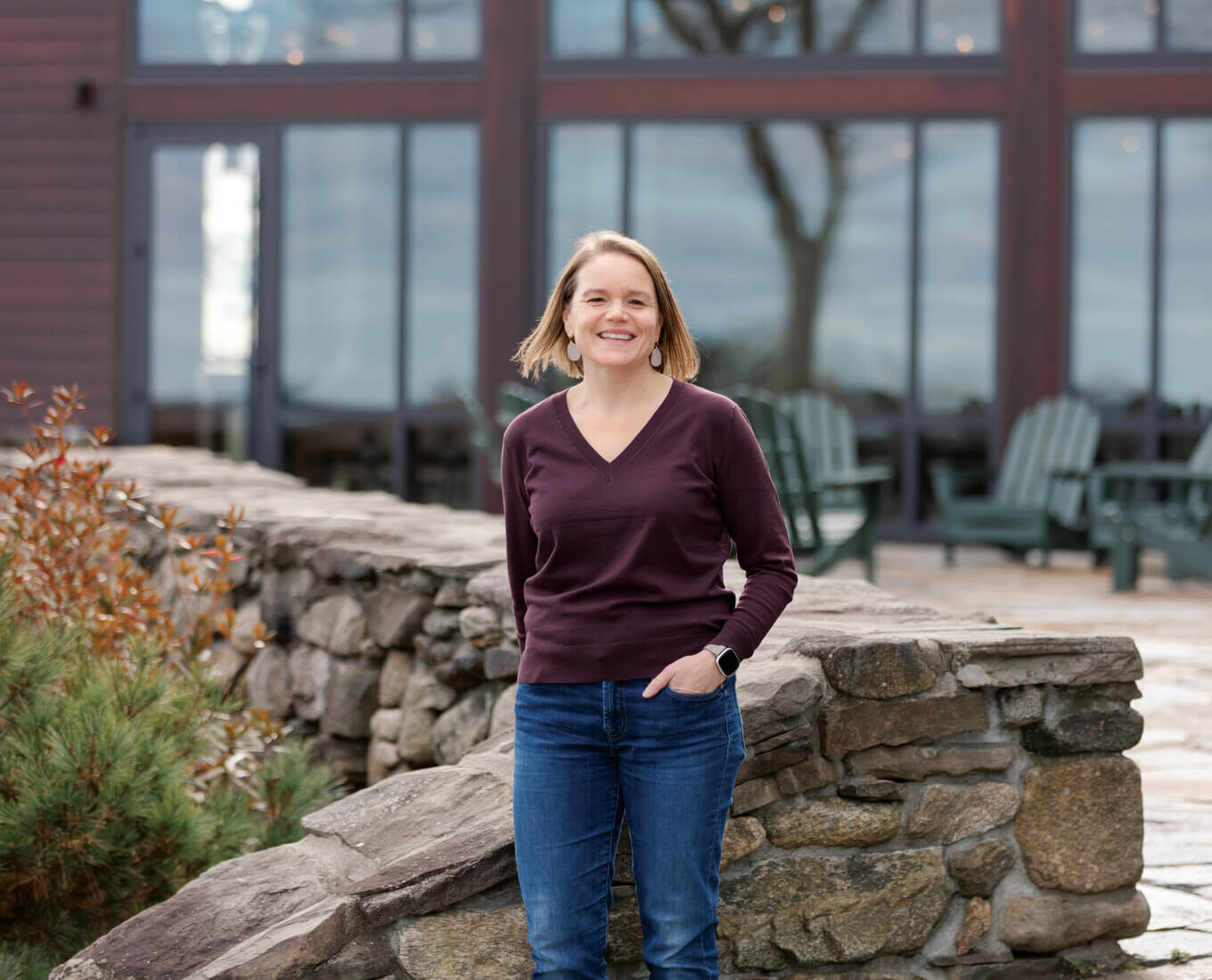 Jack Schneider, assistant professor of education at the College of the Holy Cross, recently wrote an article for the Washington Post on the rift between the spheres of educational research and practice. Having proposed different policy ideas in his book, From the Ivory Tower to the Schoolhouse, to bridge this gap, Schneider offers a new one, which he says is perhaps “the easiest of them all” to perform: the “network router.” This proposal connects researchers and educators, two networks that have virtually no access to one another, through what Schneider calls an “informal partnership.” By working with a scholar, educators can “expand their school’s knowledge network” which could provide additional support in various situations—i.e. hiring staff, developing curriculum or staff professional development. Likewise, educators can serve as routers, “connecting educators to real school environments.”
Jack Schneider, assistant professor of education at the College of the Holy Cross, recently wrote an article for the Washington Post on the rift between the spheres of educational research and practice. Having proposed different policy ideas in his book, From the Ivory Tower to the Schoolhouse, to bridge this gap, Schneider offers a new one, which he says is perhaps “the easiest of them all” to perform: the “network router.” This proposal connects researchers and educators, two networks that have virtually no access to one another, through what Schneider calls an “informal partnership.” By working with a scholar, educators can “expand their school’s knowledge network” which could provide additional support in various situations—i.e. hiring staff, developing curriculum or staff professional development. Likewise, educators can serve as routers, “connecting educators to real school environments.”
Understanding the demands on principals' time, Schneider calls scholars to initiate these informal and mutually beneficial partnerships: “while [scholars] have much to benefit professionally from this, such partnerships should also be understood as acts of citizenship… Insofar as we can do that through our schools, then, those of us who can help strengthen organizational capacity should do so in whatever small ways we can—as members of networks that grow more powerful when they link together.”
Read the article on the Washington Post website.
This is a “Holy Cross in the News” item by Evangelia Stefanakos.
"Network routers”: a new proposal to put education research into practice
Washington Post
Read Time
1 Minute

